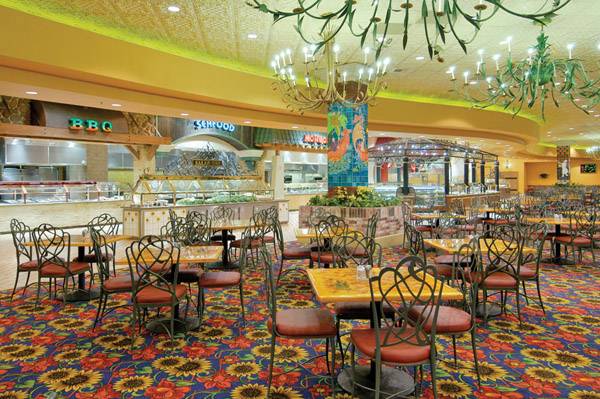Related stories
Boyd Gaming Corp. of Las Vegas, as expected, has filed a lawsuit to overturn rulings by the state Tax Commission requiring it to pay sales taxes on complimentary meals provided to employees and customers.
The Tax Commission ruled in January that the comped meals were taxable "retail sales." The decision came as the panel rejected a $21 million refund sought by Boyd Gaming, a big casino operator with such properties as Sam's Town and the Orleans.
It's believed the ruling against Boyd will also result in the rejection of $225 million in potential refunds for other casino operators.
Carson City attorney John Bartlett, representing Boyd Gaming, this week filed a "petition for judicial review" of the decision in Clark County District Court in Las Vegas.
The court hasn't set a briefing schedule or arguments in the case. Whatever happens at the District Court level is likely to be appealed to the Nevada Supreme Court, attorneys say.
In his earlier unsuccessful arguments to the Tax Commission, Bartlett said complimentary meals were not taxable because cash transactions were not involved in them. He says there is no sale, and therefore there can’t be a tax.
The Tax Commission, however, found there is "consideration" provided in exchange for the meals — that is, gamblers spend money to earn points they exchange for food, while employees work partly in exchange for their meals.
"The definition of a retail sale in Nevada is broad and simply excludes items sold for resale," the Tax Commission ruling said. "A retail sale requires consideration. Consideration is merely value received, which can be measured and does not depend upon a monetary payment."
